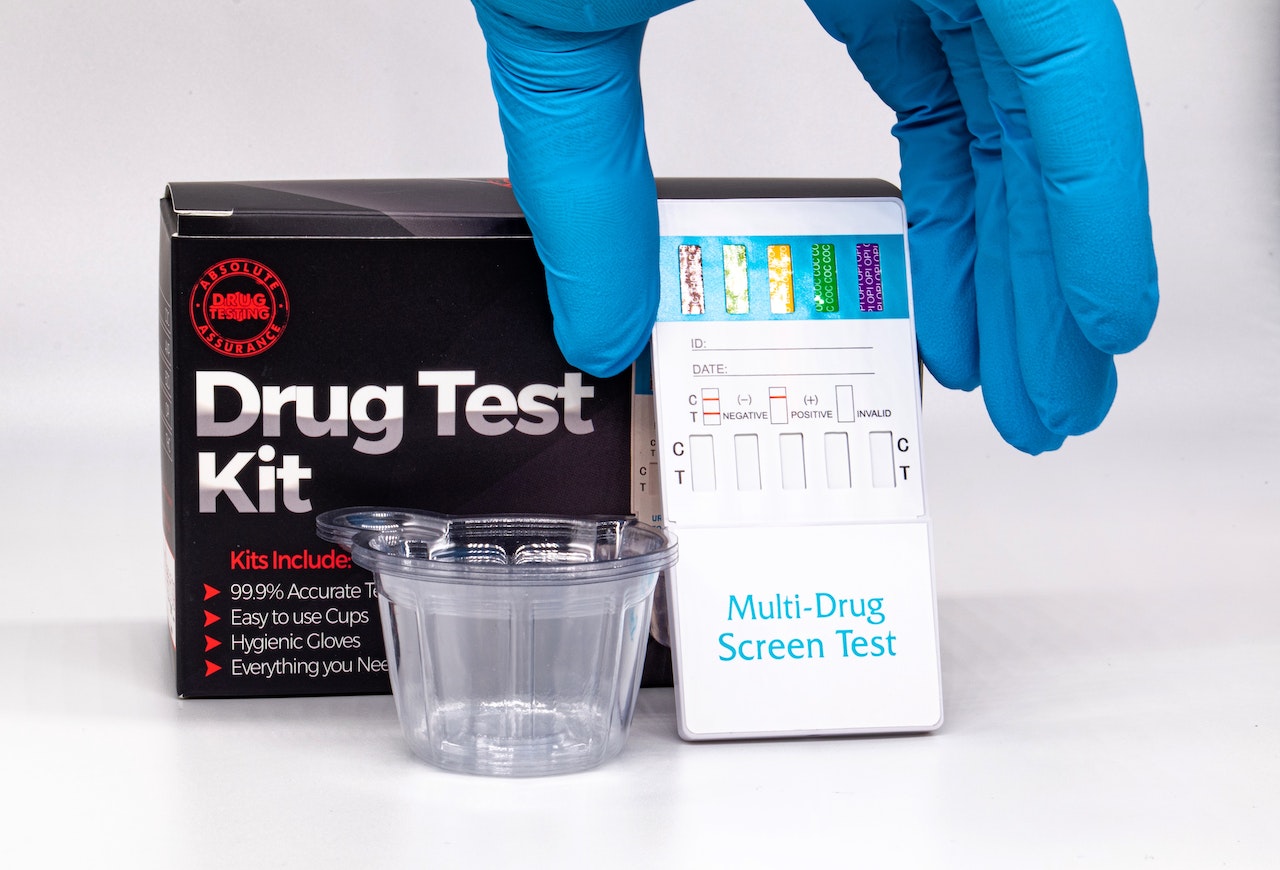
How to Choose the Right Drug Test Kits for Rapid Workplace Drug Screening
Drug testing analyzes biological samples such as urine, blood, saliva, hair, or sweat to detect the presence of drugs or their metabolites. Drug tests are typically used to screen for illicit drugs, prescription drugs, or alcohol. For this reason, drug testing is conducted in various settings, even in the workplace.
Drug testing in the workplace is becoming increasingly common, with many employers implementing drug testing programs to ensure a drug-free workplace. Otherwise, the use of drugs can affect an employee's performance, safety, and productivity, leading to accidents, injuries, and decreased productivity. However, drug testing in the workplace is a sensitive issue, and employers must follow specific guidelines to ensure that it is conducted lawfully and ethically.
Why Is Workplace Drug Testing Done?
Workplace drug testing is done for several reasons, including:
- Safety: Employees who abuse drugs or alcohol may pose a safety risk to themselves and others, especially if they operate heavy machinery or drive a company vehicle.
- Productivity: Employees who abuse drugs or alcohol may be less productive and miss work more frequently.
- Legal Liability: Employers may be held liable for accidents or injuries caused by employees under the influence of drugs or alcohol.
- Compliance: Some industries, such as transportation and healthcare, are required by law to conduct drug testing.
Types of Drug Tests
There are two main types of drug tests done in workplace settings, including:
Lab-Based Drug Testing
Lab-based drug testing involves sending a sample to a laboratory for analysis. The laboratory will use sophisticated equipment to detect the presence of drugs or their metabolites in the sample. Lab-based drug testing is typically more accurate and reliable than rapid drug testing but can be more expensive and time-consuming.
Rapid Drug Testing
Rapid drug testing involves using a drug test kit to analyze a sample on-site. Rapid drug testing is typically less expensive and faster than lab-based, but it may be less accurate and reliable.
Considerations When Choosing Drug Test Kits for Workplace Screening
When choosing drug test kits for workplace screening, there are several factors to consider, including:
The Purpose of Drug Testing
As mentioned earlier, workplace drug testing can be done for various reasons. However, the testing kits you must choose must depend on a specific purpose because the results may not be accurate. For one, pre-employment drug testing is used to screen potential employees before they are hired to ensure that the candidate is drug-free and can perform their duties safely. On the other hand, random testing is conducted on employees without prior notice to ensure they are not using drugs at work. In contrast, post-accident testing is done after an accident to determine if drugs or alcohol played a role in the incident, while reasonable suspicion testing is conducted when there is good cause to suspect that an employee is using drugs.
Available Collection Facilities
The collection process may vary depending on the testing method chosen, such as urine, saliva, or hair testing. Some kits may require a medical professional to collect the sample, while others can be self-administered. You must ensure enough collection facilities and the staff is trained on the proper procedures for collecting and handling the samples.
Compliance with Local, State, and Federal Laws
Workplace drug testing must comply with local, state, and federal laws to avoid legal issues. Employers must ensure that their drug testing policies and procedures adhere to these laws, including the Americans with Disabilities Act (ADA), the Drug-Free Workplace Act, and state-specific regulations. Failure to comply may result in legal consequences, such as discrimination lawsuits or fines.
The Drug Groups Being Tested
Not all drugs are the same, and employers must be aware of the drugs they are testing for. Common drug groups tested include marijuana, cocaine, opioids (such as heroin and prescription painkillers), amphetamines, and phencyclidine (PCP). Employers must communicate to their employees which drugs they are being tested for and the consequences of a positive test result.
Your Company's Budget
The budget for drug testing will vary depending on the company's size, the number of employees being tested, and the testing frequency. Employers must consider the costs associated with drug testing, including the cost of the tests themselves, the cost of training staff to administer the tests, and any follow-up testing or disciplinary actions.
Conclusion
Workplace drug testing is an excellent measure to ensure your workplace stays drug-free. If someone does get a positive result, you must carry the appropriate level of consequences and help them if necessary, especially since drug problems are deeper than what most realize. This way, your workplace will continue to be a safe and productive environment for all employees.
RSC Health has what you need if you are looking for rapid drug testing kits! Drug problems can affect a person physically and mentally, so we work to get accurate diagnoses and help you think of treatment methods for your employees. Place today!
